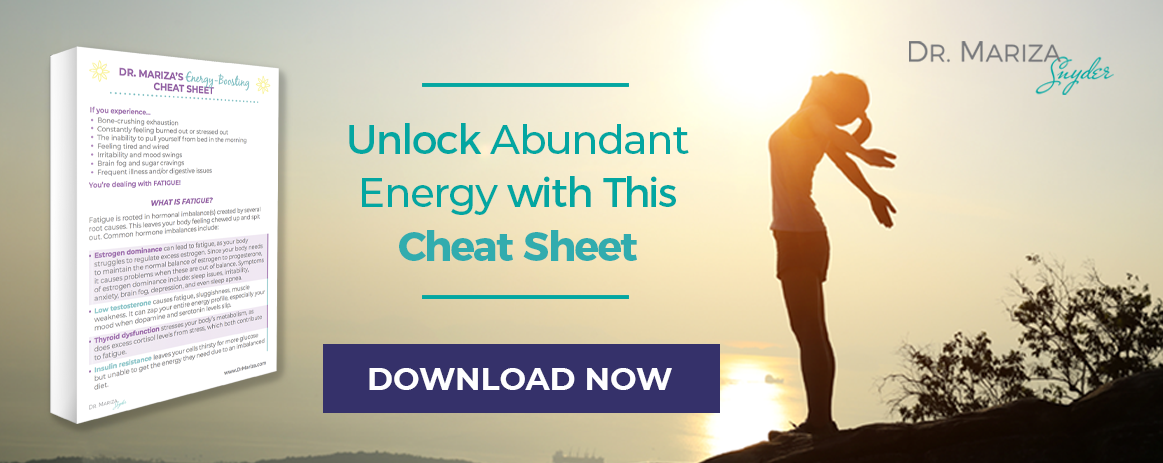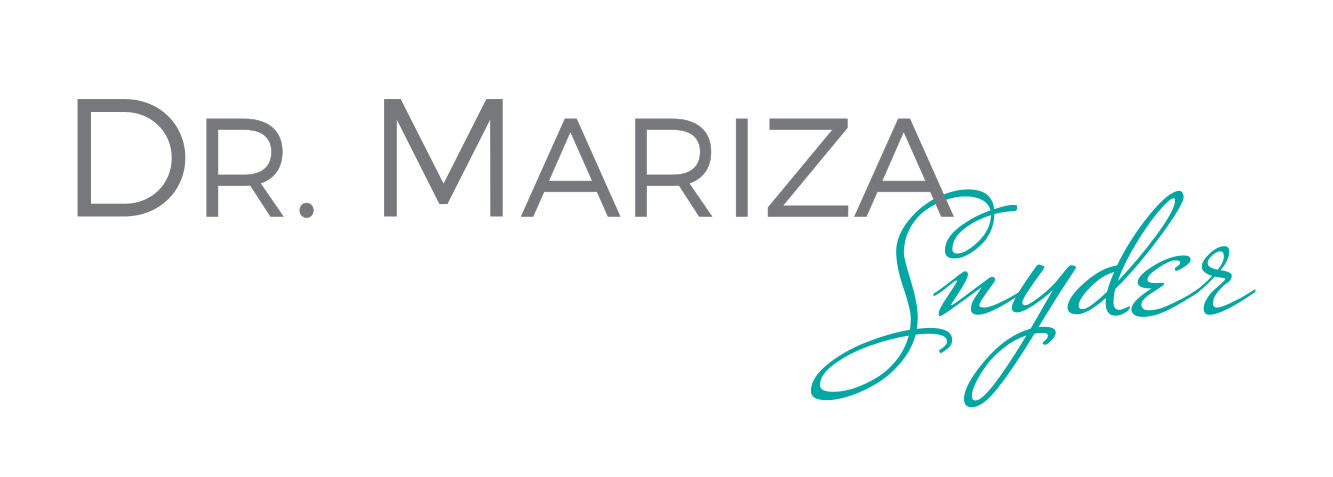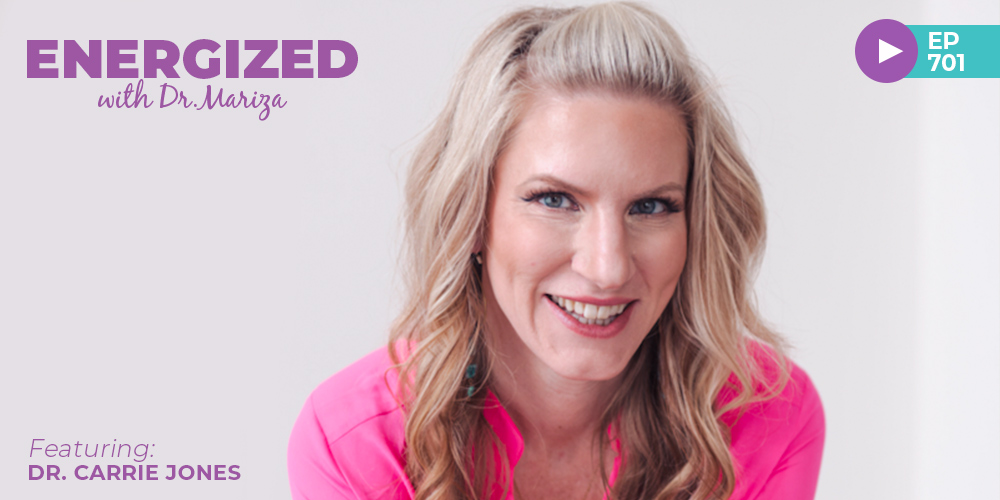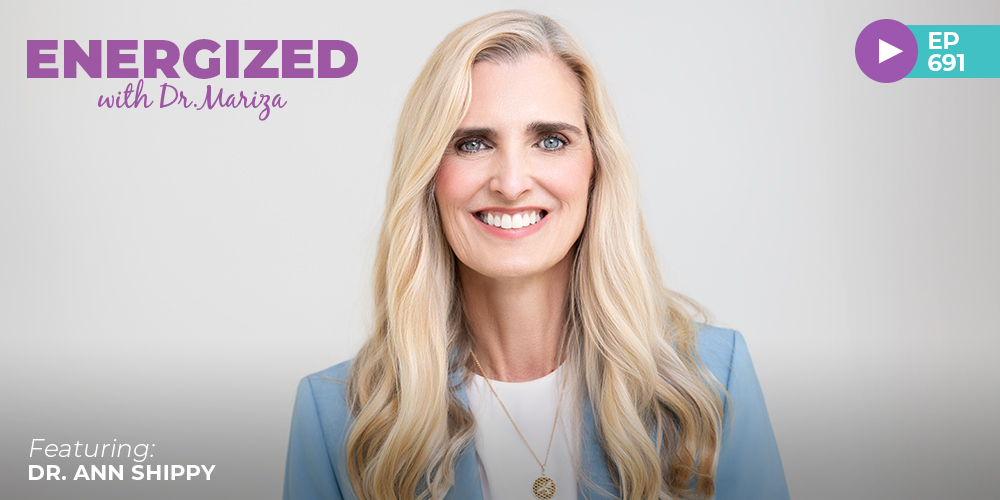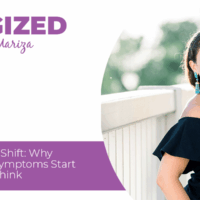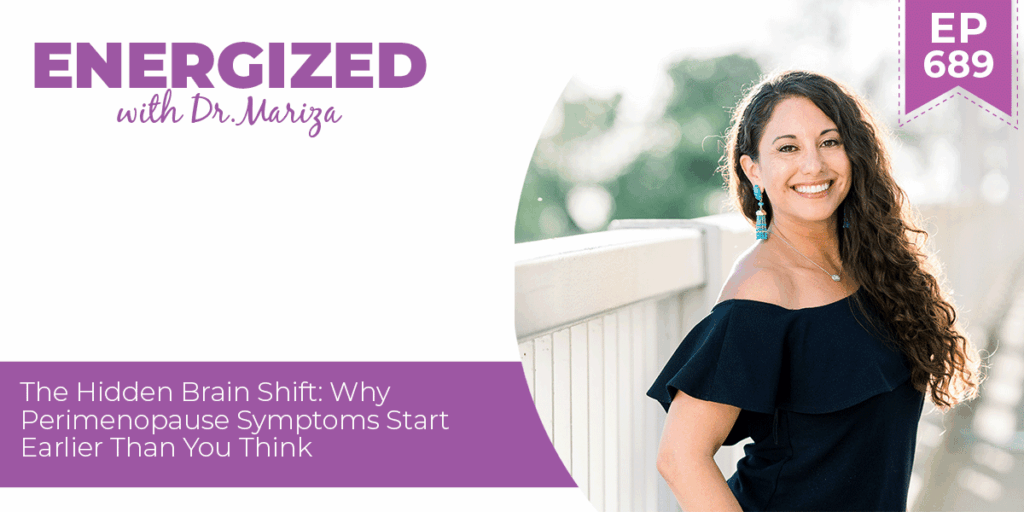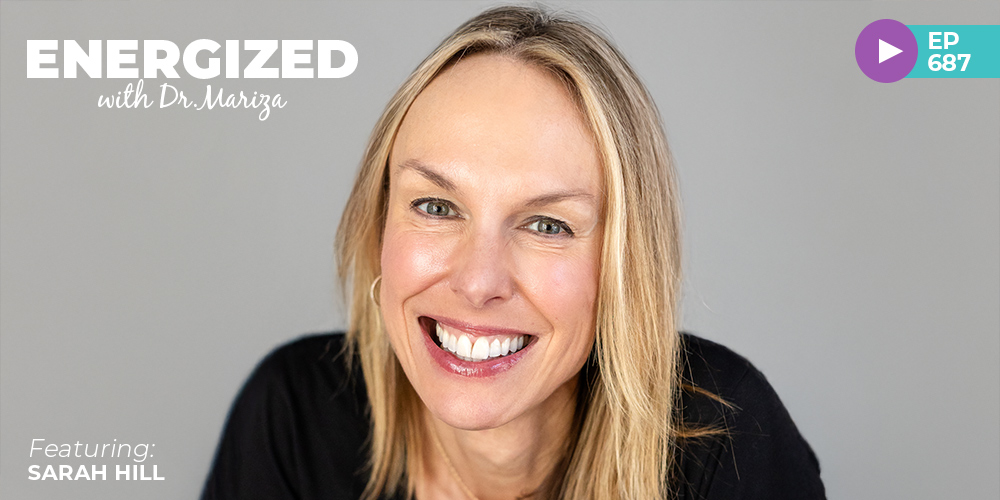Listen to the Episode Here
Or, listen on your favorite app: iTunes (Apple Podcasts) | Stitcher | Spotify | Pocketcasts
Episode Summary
Feel like you’re just not yourself mentally in midlife? Trust me, you are absolutely not crazy for wondering what’s going on in your brain.
In this episode, hormone expert Dr. Carrie Jones joins me to unpack the very real brain changes and hormone fluctuations that make midlife feel like a rollercoaster.
Dr. Carrie brings refreshing honesty about giving herself grace on the days when her brain simply says “no” and how that compassion is essential for all of us navigating this season of life.
We dive into the midlife “reckoning,” when so many women realize it’s time to reevaluate who they are, what they want, and say goodbye to what no longer serves them.
Together, we explore why midlife can leave you feeling out of whack, how hormones drive these shifts, and what you can do to support your brain with more clarity and ease.
Tune in to feel validated and empowered as you move through this transformative stage of life!
Carrie Jones ND, FABNE, MPH
Dr. Carrie Jones is an internationally recognized speaker, consultant, and educator on women’s health and hormones with over 20 years in the industry. Dr. Jones is a Naturopathic Physician who did her 2-year residency focused on women’s health and endocrinology. She went on to get her Master of Public Health and was one of the first to become board-certified through the American Board of Naturopathic Endocrinology. She was the first Medical Director for the DUTCH Test and the first Head of Medical Education at Rupa Health. Now, she’s the Chief Medical Officer at NuEthix Formulations and Head of Medical Education at Metabolic Mentor University.
IN THIS EPISODE
- Addressing common brain-related perimenopause symptoms
- How bringing on hormones can ease midlife symptoms
- Top lifestyle interventions for perimenopause and menopause
- How hormone changes in midlife impact routine and efficiency
- The odd perimenopause symptoms no one talks about
- How Dr. Jones manages patient care differently as a Naturopath
- How to confidently find an expert you can address symptoms with
- Easy ways to add exercise and strength to your daily routine
QUOTES
“We still have good days and bad days and things we cannot control. And because I can’t control the rollercoaster that my inherent hormones are on, and I can’t control necessarily what the neurons in my brain are doing… I actually give myself a lot of grace.”
“Even for as educated as I am, I’m not alone. There are a lot of women struggling, and there are a lot of women struggling a lot more than me, unfortunately.”
“$26 billion are lost on women in perimenopause and early menopause due to absenteeism and loss in productivity because they just don’t feel like they can do it. Their brain feels like it’s on the fritz.”
RESOURCES MENTIONED
Order my new book: The Perimenopause Revolution
Use code ENERGIZED and get 10% off on your MitoQ order
Dr Carrie Jones’ Podcast: Hello Hormones
RELATED EPISODES
689: The Hidden Brain Shift: Why Perimenopause Symptoms Start Earlier Than You Think
668: Your Brain on Perimenopause: The Hidden Neurological Transition No One Warns You About
Free Download: Easy, Practical Tips to Get More Energy!
Download the free Energy-Boosting Cheat Sheet now to learn how to unlock abundant health and energy that lasts—in only seconds every day!
